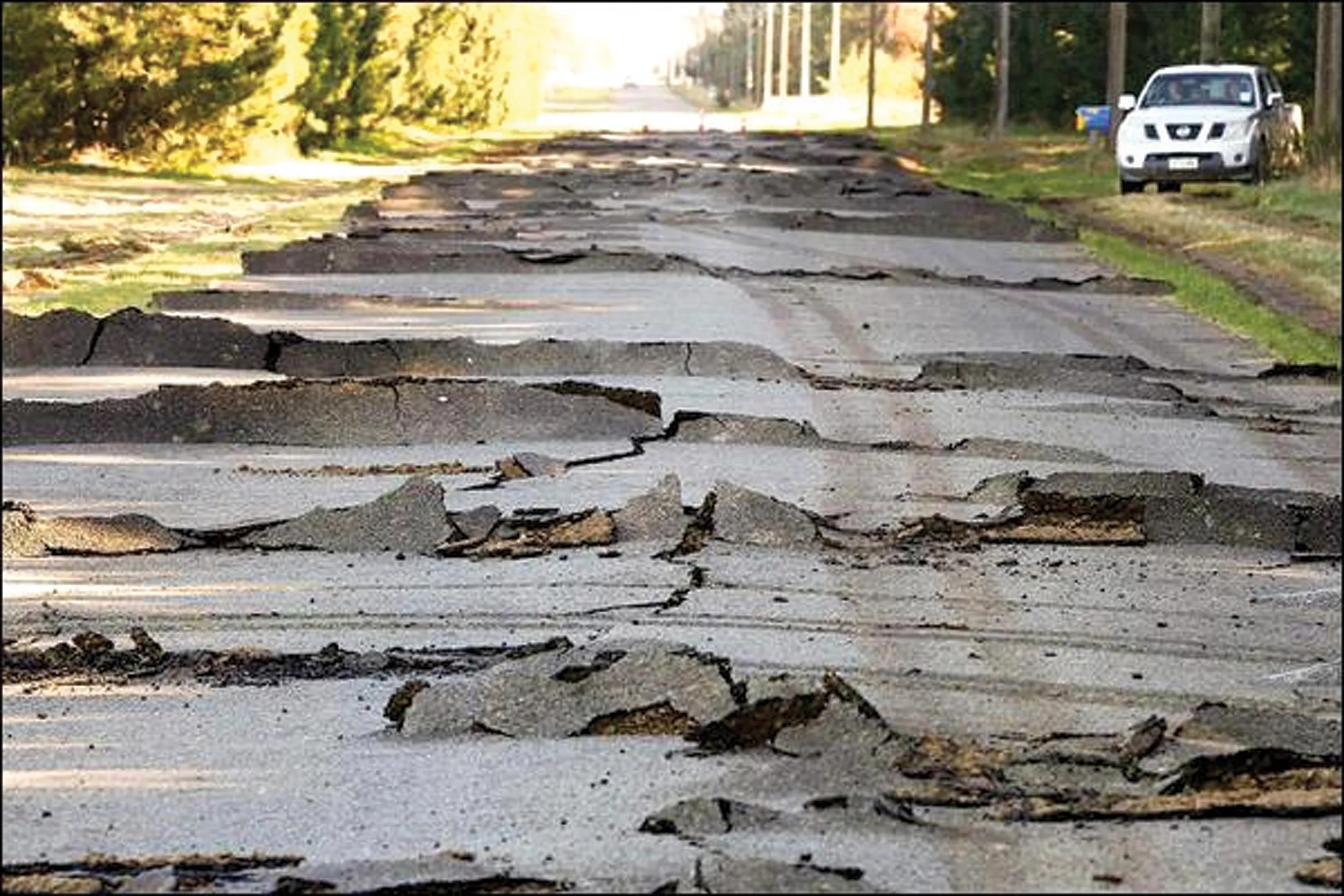Estimates now suggest that repairs to Chile's earthquake damaged infrastructure will cost the country's government in the region of US$1.2 billion. Meanwhile private highway operators are expected to pay an additional $200 million for repairs to links they manage.
February 8, 2012
Read time: 2 mins
Estimates now suggest that repairs to Chile's earthquake damaged infrastructure will cost the country's government in the region of US$1.2 billion. Meanwhile private highway operators are expected to pay an additional $200 million for repairs to links they manage. In all some 20 bridges will have to be demolished while another 20 will have to be extensively repaired or rebuilt and some of the works are expected to take up to three years to complete. Some 70km of the 1,400km of privately run highways have been damaged in the area most affected by the earthquake. The earthquake was one of the most powerful ever recorded, measuring some 8.8 on the Richter scale. The city of Concepæion where the earthquake was strongest is reported as having moved 3m by the force of the quake. In all the insurance industry is expecting to pay out a total of $7 billion to pay for all the repairs in Chile. However the country's strong economy and steady economic growth rate of 5%/year is expected to be unaffected by the recent earthquake. The death toll in Chile following this earthquake was a fraction of that seen in Haiti, just a few weeks before, despite the fact that the Chilean earthquake was significantly more powerful (at 8.8 compared with 6.8 on the logarithmic Richter scale). Building codes are much stricter in Chile so that structures are far less likely to collapse in the event of an earthquake, a factor that led to particularly high loss of life in Haiti where perhaps most buildings were sub-standard.









